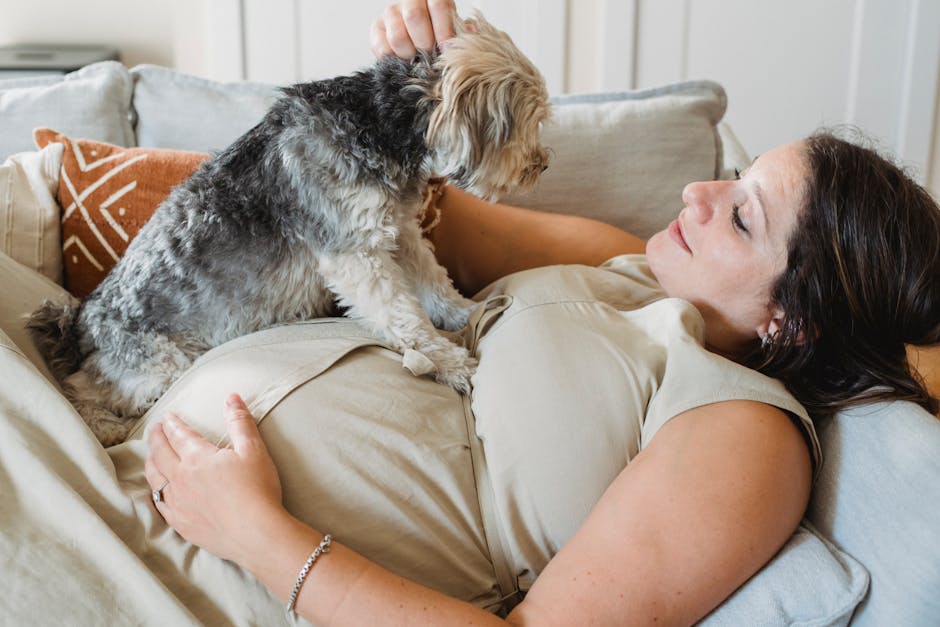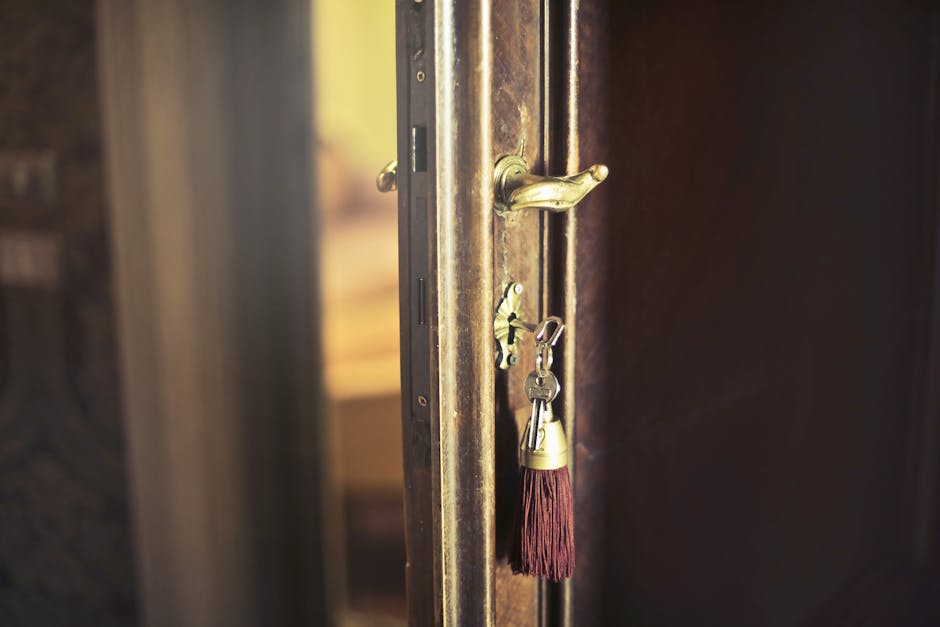Have you ever wondered how puppy obedience classes have evolved into the organized educational experiences they are today? These classes not only shape your puppy into a well-behaved companion but also cater to the needs of modern pet owners. Let’s delve into the fascinating world of puppy obedience classes and uncover what you can expect when you enroll your new furry friend.
The Historical Background of Puppy Obedience Classes
The Early Days of Dog Training
The concept of dog training dates back thousands of years, with evidence suggesting that humans and dogs have shared a cooperative relationship since ancient times. Early training methods focused on practical skills for work and protection, often utilizing instinct and natural behaviors. Techniques were typically learned informally through interactions rather than organized classes.
The Evolution of Training Practices
In the late 19th and early 20th centuries, training began to professionalize, particularly with the development of canine obedience competition. Pioneers like the American Kennel Club (AKC) played a crucial role in establishing structured training programs. The introduction of methods grounded in positive reinforcement transformed the landscape of training, making classes more accessible and appealing to everyday pet owners.
The Rise of Puppy Obedience Classes
By the 1980s, puppy obedience classes gained widespread popularity as pet owners recognized the benefits of early training. These classes emphasized socialization, basic commands, and laying the foundation for lifelong good behavior. Today, puppy obedience classes are seen as essential for nurturing well-adjusted dogs in our increasingly urban environments.
Current Trends and Statistics on Puppy Obedience Classes
The Popularity of Training Classes
Recent surveys indicate that more than 70% of dog owners enroll their puppies in obedience classes. This trend reflects a growing awareness of the importance of training in enhancing the quality of life for pets and their owners. Such classes provide critical socialization opportunities, helping puppies learn to interact appropriately with other dogs and people.
The Focus on Positive Reinforcement
Current trends in dog training heavily emphasize positive reinforcement techniques, which reward desired behaviors rather than punishing unwanted ones. This approach encourages learning through encouragement, fostering a trusting relationship between the puppy and owner. Statistics show that methods involving positive reinforcement result in effective long-term behavior changes in dogs.
Diverse Class Offerings and Specializations
Today’s obedience classes cater to a diverse array of training needs. From basic obedience to advanced agility courses, and even specialized classes addressing behavioral challenges, there is a training approach for every puppy. New trends include classes focused on canine enrichment and adapting training methods to suit various dog breeds and temperaments.
Practical Advice for Puppy Obedience Classes
Choosing the Right Class for Your Puppy
When selecting a puppy obedience class, consider the trainer’s qualifications, methods, and class size. Look for trainers who are certified and employ positive reinforcement techniques. A smaller class size often allows for more personalized attention, ensuring that both you and your puppy get the most out of the experience.
Preparing Your Puppy for Class
Before starting class, it’s beneficial to socialize your puppy with various environments and people. Familiarize them with basic commands at home, like sit and stay. A well-adjusted puppy will feel more comfortable during training, allowing for a smoother learning experience.
Engaging with Your Puppy During Sessions
Active participation is key during obedience classes. Engage with your puppy, and ensure you are consistent with commands and rewards. Using treats and praise effectively can reinforce positive behaviors. Remember, communication and patience are crucial as you and your puppy navigate training challenges together.
Future Predictions and Innovations in Puppy Obedience Classes
Incorporating Technology into Training
The future of puppy obedience training is poised to embrace technology. Innovations such as virtual training sessions and mobile applications are emerging, allowing pet owners to access expert advice and instructional videos from home. This can complement in-person classes and reach more owners who may not have easy access to training facilities.
Behavioral Beyond Obedience
As understanding of canine behavior deepens, future training classes may increasingly focus on emotional intelligence alongside obedience. This could include training techniques that help dogs manage anxiety, fear, and stress in various situations, which is crucial for fostering calmer, more well-adjusted pets.
Sustainability in Dog Training Practices
With a growing emphasis on sustainability, training classes may incorporate eco-friendly practices. From using biodegradable treats to minimizing waste in training environments, the dog training industry is likely to evolve in ways that align with broader ecological consciousness, appealing to environmentally aware pet owners.
Final Thoughts on Puppy Obedience Classes: What to Expect
Puppy obedience classes are an essential step in ensuring your furry friend grows into a well-behaved adult dog. By understanding what to expect, from training methods to socialization opportunities, you can greatly enhance your puppy’s learning experience. Remember, consistency and positive reinforcement are key elements in fostering a strong bond and establishing effective communication with your pup.
Further Reading and Resources
-
The Whole Dog Journal: Puppy Training Basics
This comprehensive guide offers valuable insights into the foundations of puppy training, including tips on socialization and basic obedience commands. It’s beneficial for all dog owners seeking to understand the principles of effective training.
-
Karen Pryor Academy: Introduction to Clicker Training
This resource provides an introduction to clicker training, a method widely used in puppy obedience courses. Understanding this technique can enhance your training sessions and help reinforce good behavior effectively.
-
American Kennel Club (AKC): Responsible Dog Ownership
The AKC offers a wealth of information on responsible dog ownership, including training tips, breed-specific behavior, and health care. This resource is essential for those looking to raise a well-rounded puppy.
-
Association of Professional Dog Trainers: Find a Trainer
This directory helps connect dog owners with certified trainers in their area, ensuring you find a qualified instructor for your puppy’s obedience classes. It’s a valuable resource for tailored training solutions.
-
Dog Training Nation: Puppy Training Tips
This online community provides a plethora of articles, videos, and tips focused on puppy training. It’s a great platform for dog owners to share experiences and gain insights into effective training methods.






